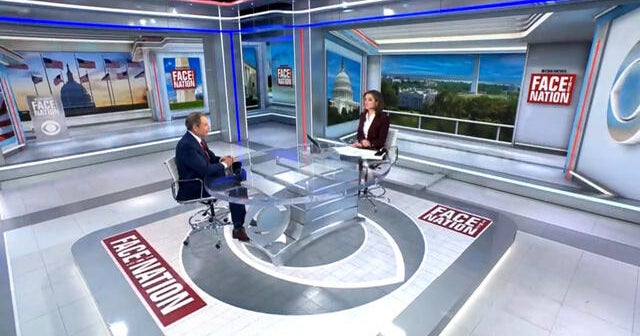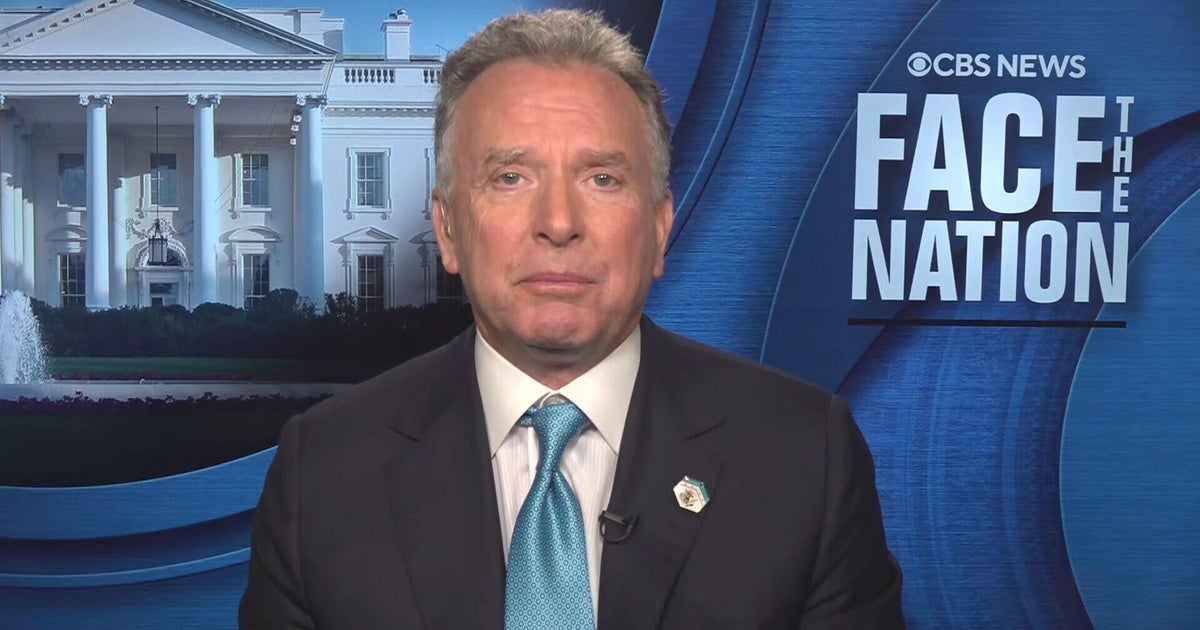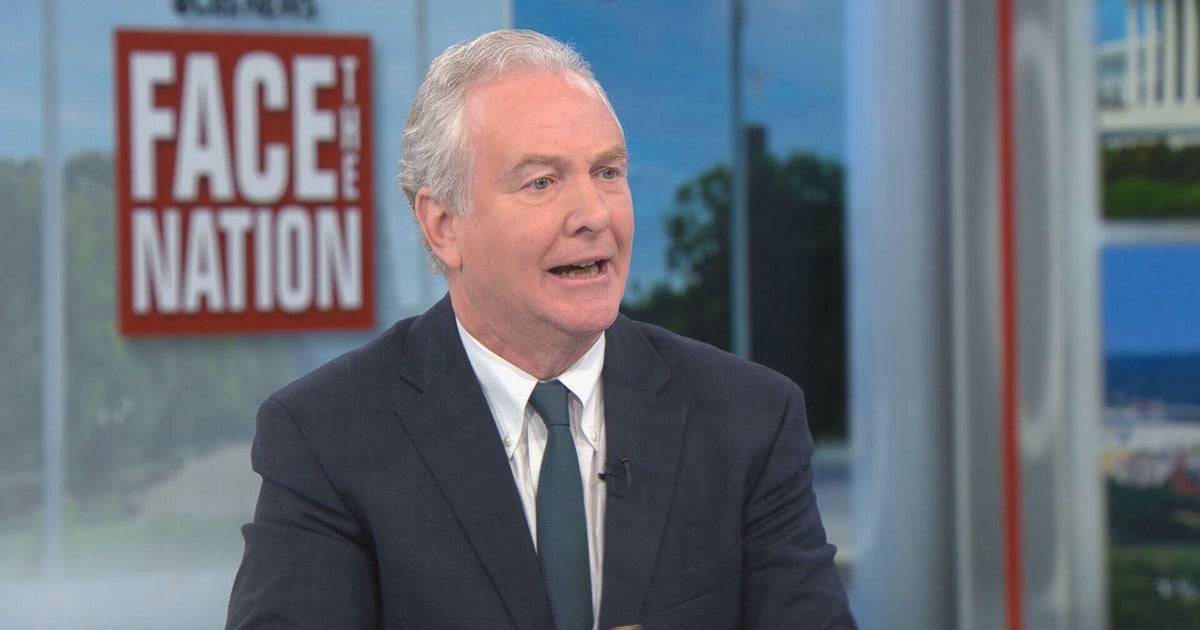Boston Fed president predicts double-digit unemployment through end of year
Washington — The president of the Federal Reserve Bank of Boston predicted Sunday that the country's unemployment rate could remain in double digits through the end of 2020 as the coronavirus pandemic continues to ravage the economy.
"Unfortunately, I think it's likely to be double digit unemployment through the end of this year, and full employment, getting back down to the low levels of unemployment we saw at the end of February, probably takes either a vaccine or other medical innovations that make it much less risky to go out," Eric Rosengren, head of the Boston Fed, said on "Face the Nation."
Rosengren said the reason the unemployment rate will remain high is because the industries that have been battered most by the coronavirus — retail, hotels, transport — rely on the comfort of consumers. Many stores shut their doors as the coronavirus spread through the U.S. and hotels saw occupancy rates plunge.
"It's not just that you have to open up the businesses," he said. "Consumers have to be comfortable going back and shopping and going out on planes and into hotels."
While most governors ordered nonessential businesses to close and residents to scale back on their outings outside of the home several weeks ago, all 50 states have now begun to loosen restrictions and roll out plans for a phased reopening.
American workers, however, are still feeling the economic pain from the coronavirus crisis. The Labor Department reported last week that an additional 4 million people applied for unemployment benefits, bringing the total number of people who have sought jobless aid to more than 43 million, on a seasonally adjusted basis. The unemployment rate skyrocketed in April to 14.7%
Kevin Hassett, a senior economic adviser to President Trump, told CNN on Sunday that it's possible the unemployment rate will be in double digits in November, when Americans head to the polls for the presidential election.
To assist hurting Americans who lost their jobs because of the coronavirus, Congress approved enhanced unemployment benefits, though they are set to expire in July.
Rosengren said the country needs "additional fiscal policy" as it grapples with the economic fallout from the coronavirus.
"I think we need a continued fiscal and monetary policy because double digit unemployment risks actually causing a much more severe outcome in labor markets over time," he said. "The exact nature of that has to be up to Congress."



